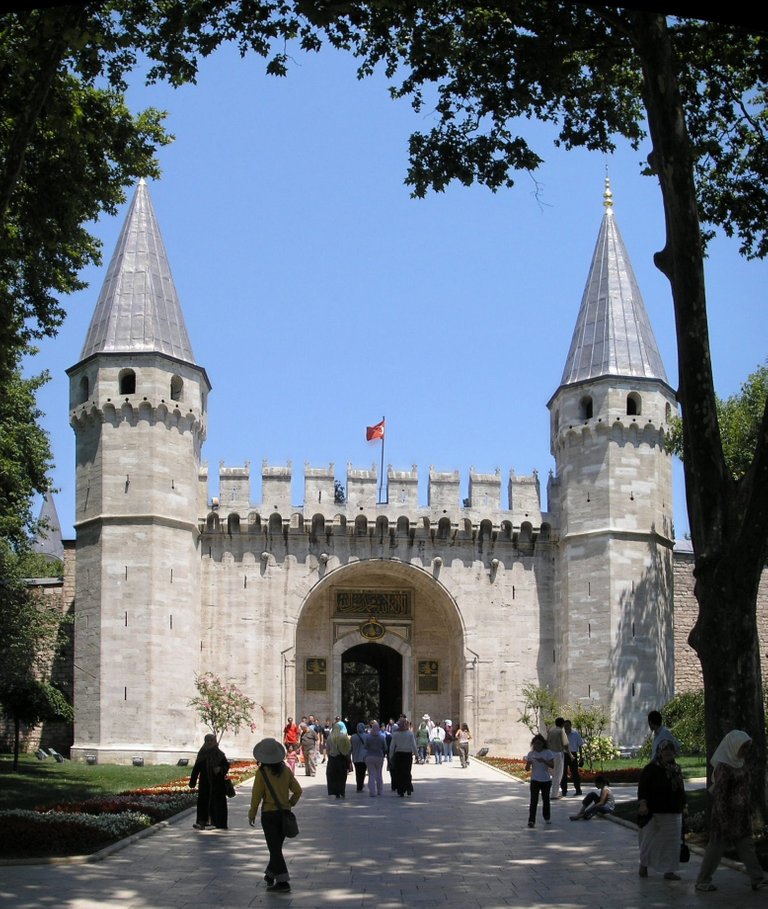
The Topkapi Palace, which was completed in 1478 after Sultan Mehmed II conquered Istanbul in 1453, was built on an area of 700,000 square meters on the East Roman acropolis in Sarayburnu, at the end of the historic Istanbul peninsula between the Sea of Marmara, the Bosphorus and the Golden Horn. From Sultan Mehmed the Conqueror to Sultan Abdülmecid for 400 years, the empire was used as the center of education, training and art, and at the same time became the sultan's house. Topkapi Palace ran into the period of Sultan Abdülmecid (1839-1861) for the first time, opening like a museum. At that time, the British envoy was shown the goods in the Topkapı Palace Treasure. After that, the old monuments of the Topkapı Palace Treasury became a tradition to show foreigners and in the period of Sultan Abdülaziz (1861-1876), glass displays were made in amphora style, and the old monuments in the Treasury started to be displayed as foreigners in these showcases. Sultan II. Although Abdulhamid (1876-1909) was supposed to open the Topkapi Palace Treasure-i Humayun's visit to the people on Sundays and Tuesdays, it did not happen. In the mid-19th century, the dynasty was abandoned due to its relocation to Dolmabahçe Palace. After the foundation of the Republic, it was transformed into a museum on 3 April 1924.